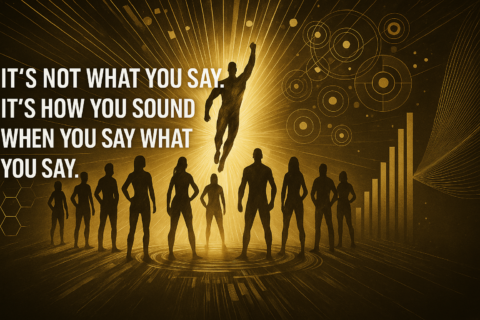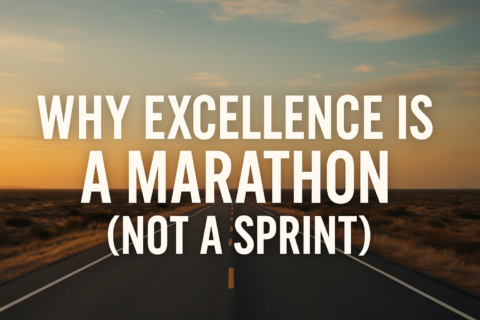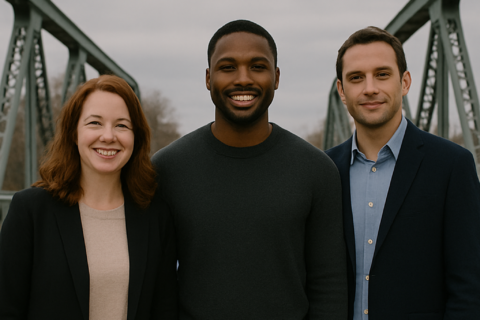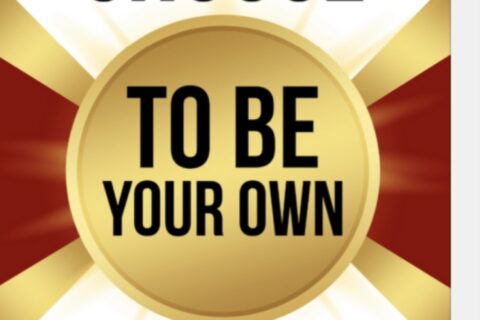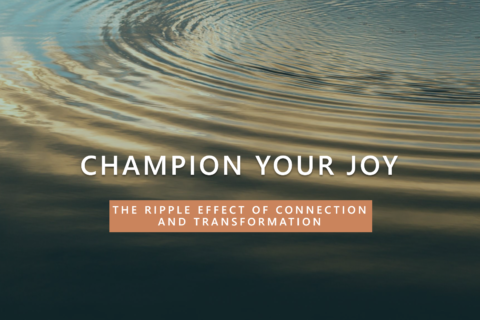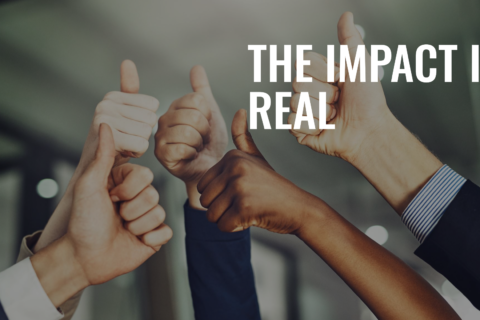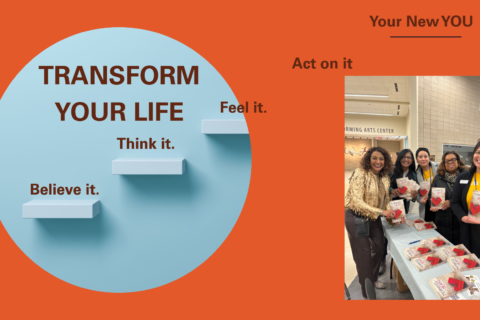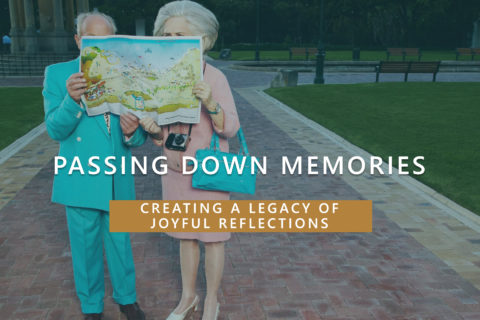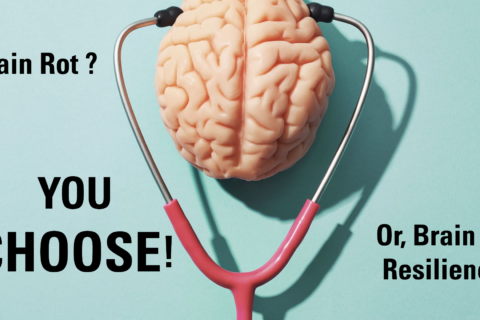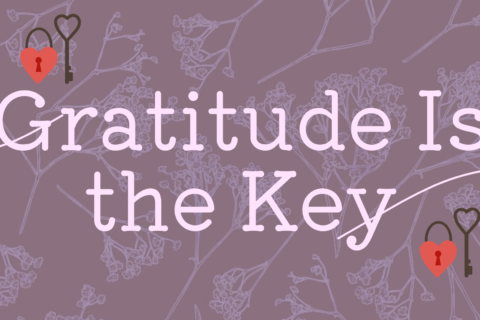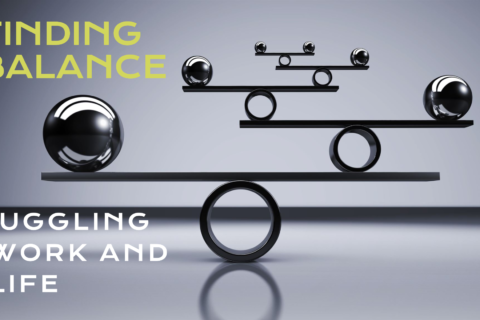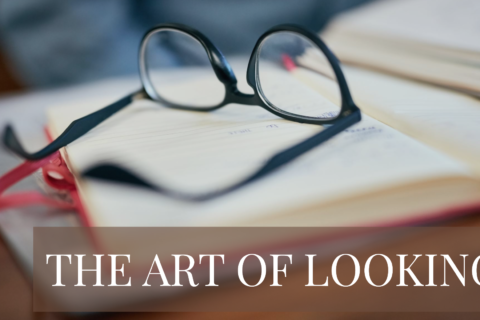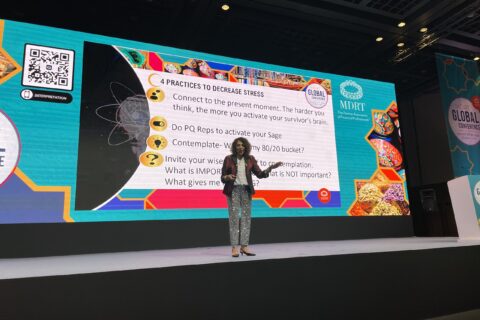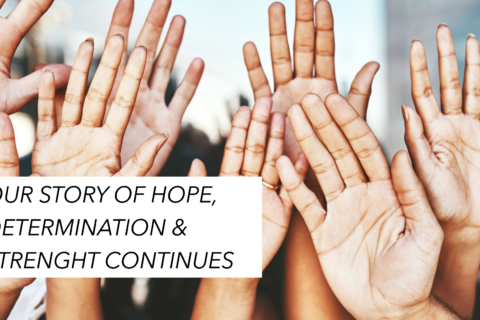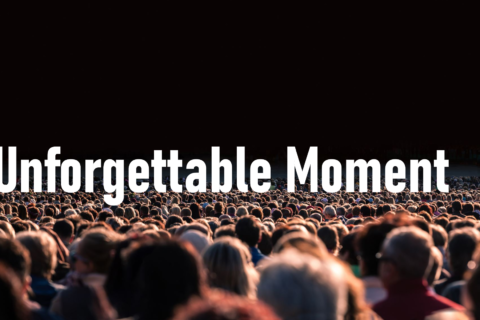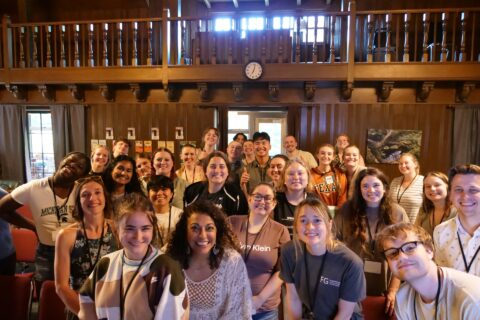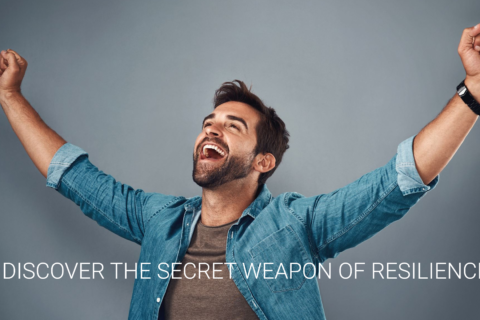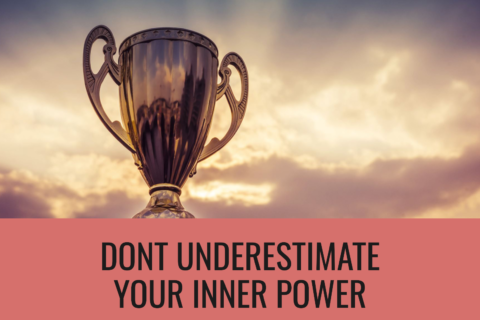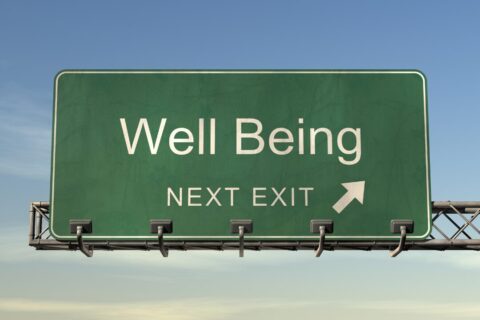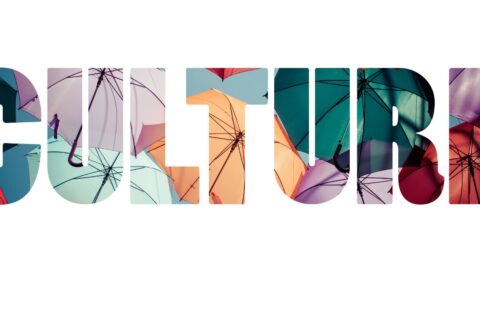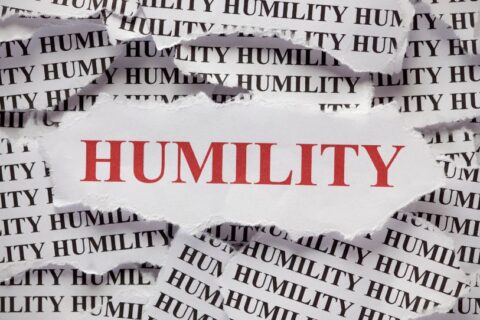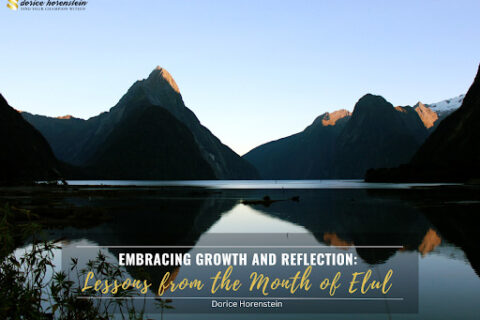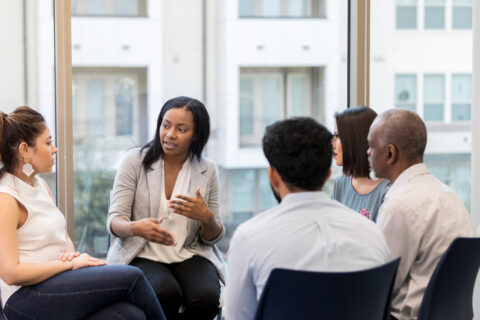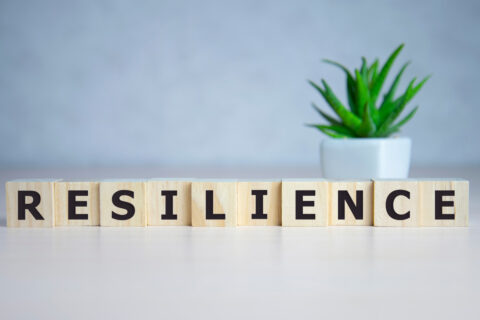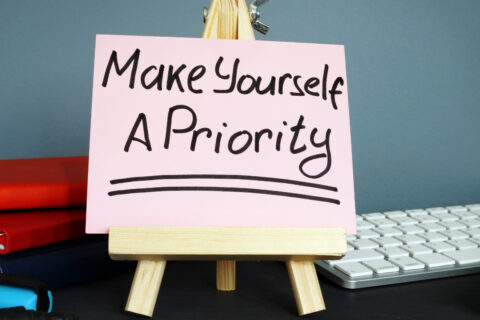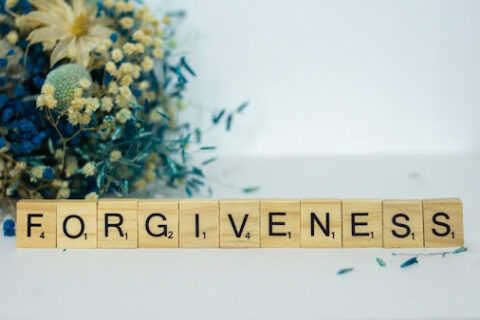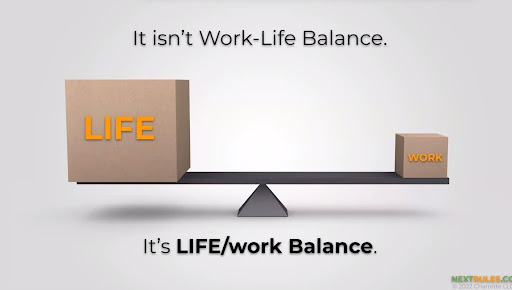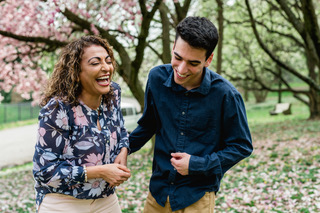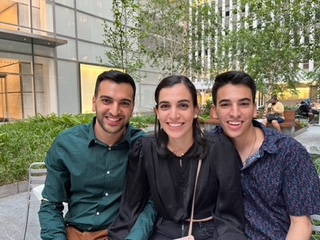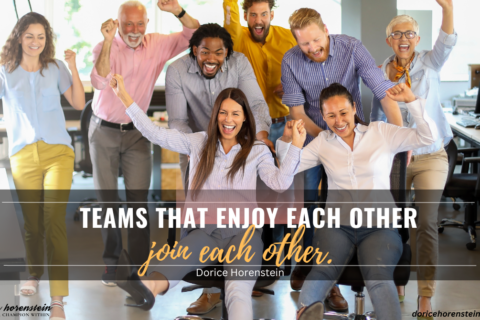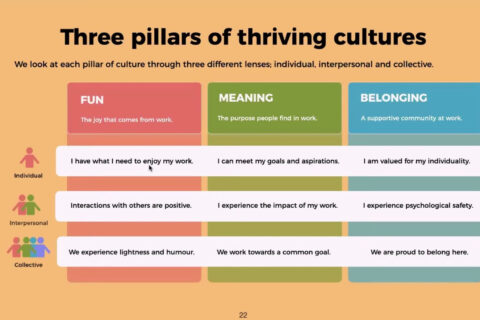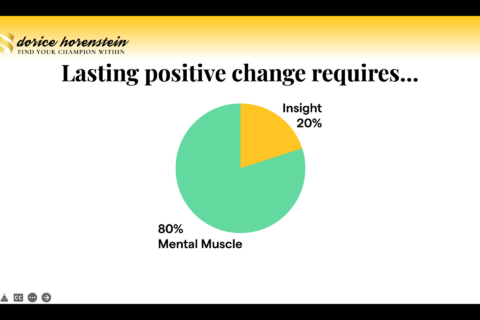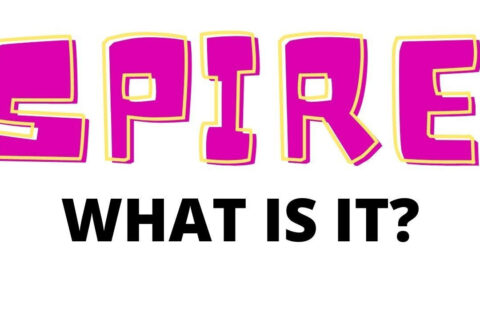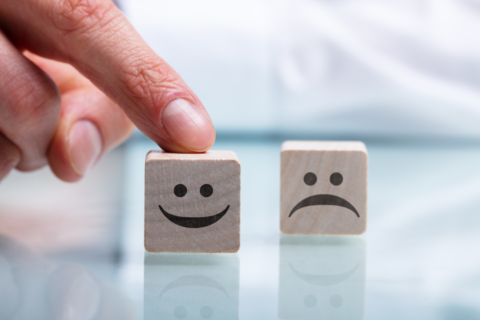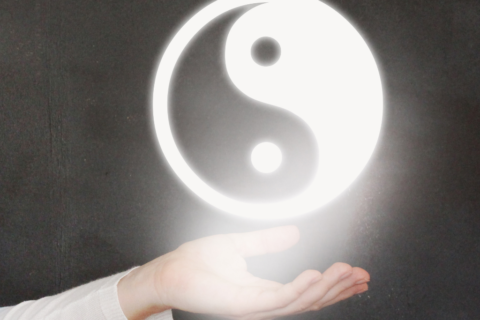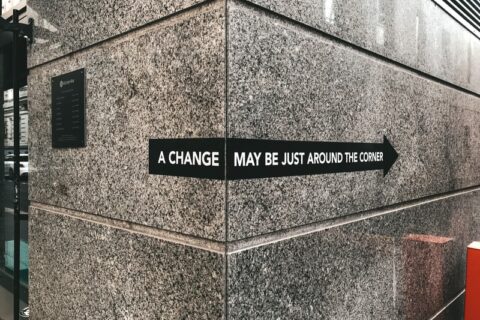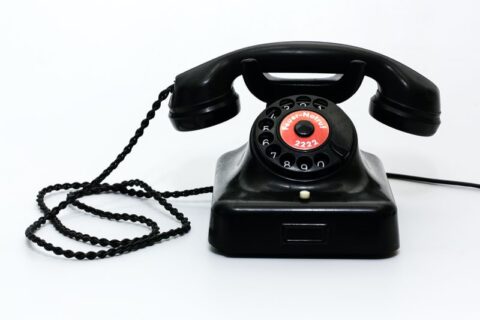 Choosing Empathy
Choosing Empathy
I thought I was an empathetic person. I feel sad when others are sad or in trouble. I cry in movies. I am sympathetic to others’ life journeys. But lately I discovered I actually have a long way to go to really experience and put myself in other’s people shoes, truly aiming to understand their perspectives. A friend of mine was having a difficult time figuring out what do for her next step in her business. Since I was not in a professional coaching role, and only as a friend, I noticed I was a bit impatient with her lack of progress. Why can’t she figure out what to do next? Why is she stalling? Chop chop, get yourself together and get the job done! It’s all about the actions! The thoughts were swirling in my brain like water from a hose turned on its highest level…on a hot day…I think that my thoughts must have escaped their initial home inside my brain and reached my face, because she sensed them. What is even more worrisome is that it was not the first time that I experienced these feelings. When something is as clear to me as the difference between day and night, I lack empathy when others don’t see the same thing I see, recognize what I feel, and act on it….in a way that make sense to me! (there–I said it!)
What gives me a little comfort (but not much) is that many of us experience these feelings, especially individuals who, according to the Positive Intelligence model, score high as being a hyper achiever (check!), controller (check!), or stickler (I can’t claim this one – two of the three is enough!).
Here is the good news: we are all wired and capable of empathy. Which is different than sympathy, kindness, or pity for someone else. We even have a part of our brains called The Empathy Circuit, part of the sage brain in Positive Intelligence terms.
I believe that we must begin with empathy toward ourselves. Empathy is directly connected to unconditional love (regardless of the outcome of a project, event etc.). Where I struggle is that my feelings are very much related to the outcome; if the outcome is successful than I feel rewarded and therefore easily experience empathy toward myself. But if the outcome is not as I planned, I feel defeated and hard on myself, unable to see the full picture. When that happens, I’m light-years away from any self-empathy! “Dorice, you screwed up!”
A coaching client recently shared with me her lack of empathy, not only toward strangers, but even toward those she loves! Another young 35-year-old client confided in me that he does not have any empathy, any unconditional love even to himself. This is clearly a hot topic, just not one we bring up in casual conversation! So how can we all do better?
One of the ways to foster empathy toward ourselves is looking at a picture of our younger selves. A picture from before we developed the baggage we are still carrying around into adulthood. Even if you had a more negative childhood, look at this innocent child. Try to connect with the essence of that child, the purity that comes out of them, out of you! I remember the first time I did this activity—I actually burst into tears, even though I had a marvelous childhood with an abundance of love (not as much money, but I did not know it or felt it). I realized the magnificent human that is me–just a younger version of me! Self-love, not in a narcissistic way but rather in a truly authentic deep way, is the key to also loving others. Start with yourself and from there, the trail to empathy is brighter and clearer.
One other client recently shared with me his wedding invitation. Get this—on their wedding invitation, each partner took a picture from their childhood and photoshopped it so it looked like they have been together from childhood. What they saw is the essence and the beauty of the other person. They saw the center of the other, they saw the truth of the other. When we are able to love the essence of the other person, we are able to master empathy.
According to Roman Krznaric, Ph.D. author of The Wonderbox: Curious Histories of How to Live and How to Find Fulfilling Work, we cannot give up on practicing empathy in our daily lives. He cites 6 habits to foster more empathy. I reframed it below and included my own thoughts and examples:
- Cultivate immense curiosity about another person. Try to understand what is in their mind from their perspective (not yours). In Positive Intelligence, we refer to it as being a curious anthropologist. What did you find out? Be excited about the information you are about to find. And then, simply absorb the information.
- Leave your judgment at the door. Don’t come with your pre-conceived notions of what is right and what is wrong. In Judaism, we refer to this notion as “judge a person favorably.” Allow someone to have a different opinion than yours. It is possible!
- Try to walk in someone else’s shoes for just a bit so you can really feel their pain and their situation.
- Listen. Listen actively. This means you don’t listen just so you can prepare your response. Listen to hear. Listen to feel. Listen to the vulnerability and mirror it back.
- Empathy inspires others. Think of Mother Theresa for a moment. It is impossible not to be inspired by her kindness, empathy, love of other, soft spoken nature. Think of the Dali Lama. His level of acceptance of others is noteworthy. Think of Moses’ brother, Aaron, and his ability to empathize. These individuals and many others can show us ways to achieve empathy. In Positive Intelligence, they are considered the power guides! They role model for us, guide us. All we need is the awareness to learn from them!
- Empathize with your adversaries. Wow, that is a tough one! Empathy is not reserved for the people in the lower margins of society or those who are suffering. It is also intended for those with whom we wholeheartedly disagree. This is very hard to achieve, so perhaps start with those you like and work your way toward this one!
I can also think of several more tips to open our eyes and our awareness to cultivating more empathy:
- Step out of your comfort zone! I just went to visit my son in law in his work at the hospital. It never fails! Whenever I visit others in the hospital, and see the incredible hard work that medical staff is doing, and my heart just opens up with an incredible sense of empathy to the hard work they do each and every day!
- Use your words to express your empathy. Here is an assortment of statements that you can choose from to show your understanding as well as empathy toward the other person: I am sorry that this happened to you. That would upset me too. This sort of challenge is never easy. It sounds like you had a very stressful time. Yes, what has happened makes no sense at all. I am on your side.
- Gmilut chasadim– acts of loving kindness. I believe that the root of empathy is the ability to connect with others. The more we do for others, the better we feel and the more we can relate and connect, therefore increasing our ability to empathize.
- In situations of conflict, consider if your words, thoughts and feeling can be a contributing factor to the negative emotions of the other person. What can you do or say to improve and increase empathy? In Judaism we place a high value on the concept Shmirat Lashon, guarding of the tongue. Guard connotates alertness. If we can be a bit more alert of the power of our words, our ability to empathy will increase tremendously.
Here is your opportunity to reflect and deepen your empathy:
- Write about a time when you felt happy or sad because you felt what someone else was feeling.
- Reflect on a dialogue you had that cause you empathy. Make a conscious effort to fact-check your interpretations and assumptions regarding what they said. Don’t forget your nonverbal body language.
- Select someone with whom you have a relationship that you would like to work on. When you talk, guard your tongue. Try your best to take their point of view by putting your feet in their shoes. Does your capacity to feel empathy change by taking their perspective and feeling their feelings?
Empathy is not only good but also healthy for us! Empathetic people live longer, have happier lives, and cultivate better relationships with others.
What more do we need so we can harness empathy better?
To Positivity!
Dorice
Dorice Horenstein, renowned as the “Oy to Joy” International Champion Catalyst Speaker, transforms tactics into practical strategies! As a Positive Intelligence expert and best-selling author of Moments of the Heart: Four Relationships Everyone Should Have to Live Wholeheartedly, Dorice energizes and motivates global audiences to uncover their inner champions. With a background in educational leadership, she has made the world her platform, fostering positive cultures by empowering individuals to overcome challenges, build resilience, and find joy, leading to personal and professional growth.
Dorice is a dynamic speaker whose energy and charisma have a global impact. Her core superpower is her ability to present, train, and coach effectively. She redefines “T.E.A.M.” as “Together Everyone’s Attributes are Magnified,” inspiring others to recognize their strengths, enhance effectiveness, and joyfully step into their destined leadership roles. Her mission is to cultivate healthy, positive relationships that reduce stress, increase retention rates, and create a more positive culture both at work and at home.

